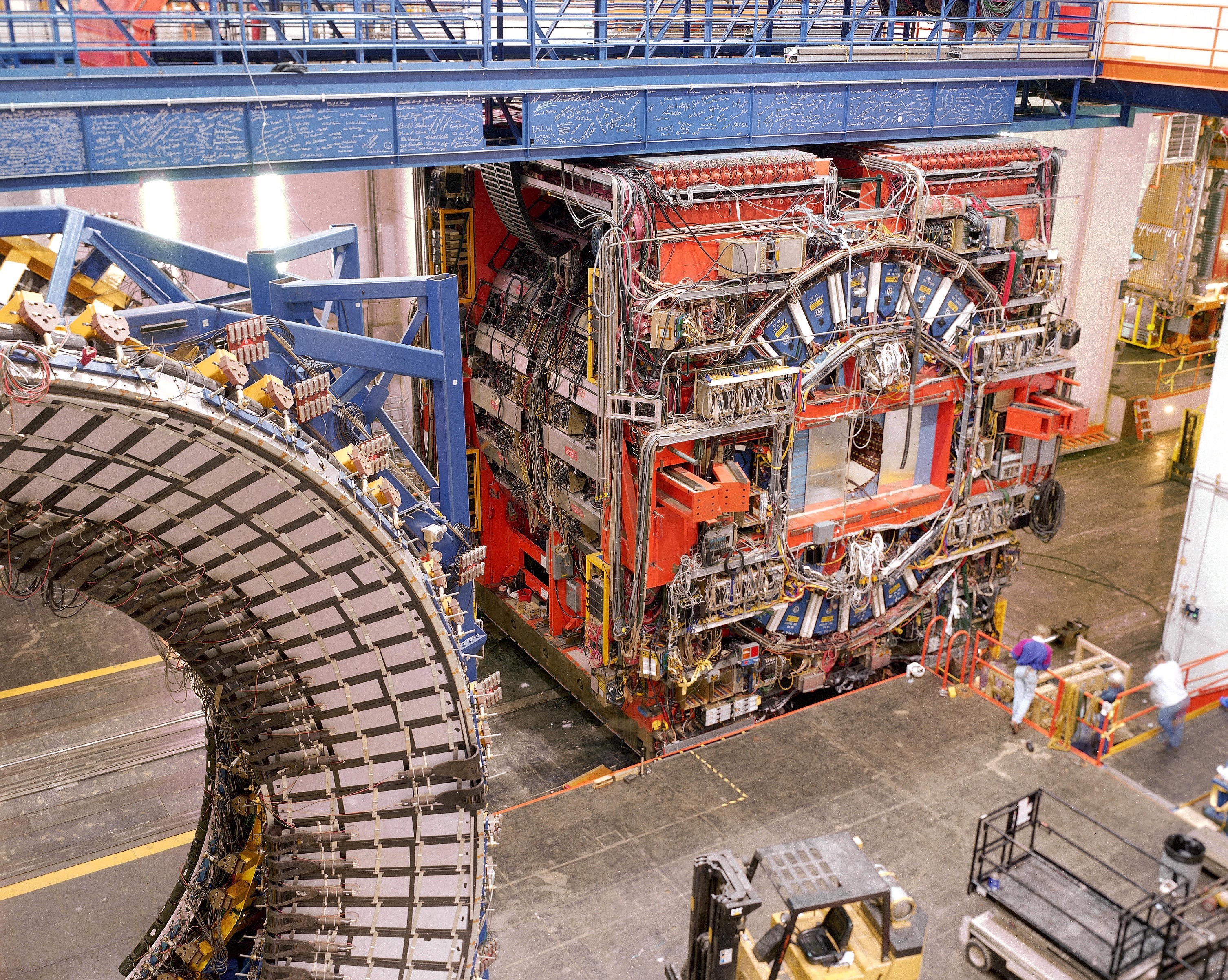
Elementary Particle
In particle physics, an elementary particle or fundamental particle is a subatomic particle that is not composed of other particles. Particles currently thought to be elementary include the fundamental fermions, which generally are "matter particles" and "antimatter particles", as well as the fundamental bosons, which generally are "force particles" that mediate interactions among fermions. A particle containing two or more elementary particles is a composite particle. Ordinary matter is composed of atoms, once presumed to be elementary particles – atomos meaning "unable to be cut" in Greek – although the atom's existence remained controversial until about 1905, as some leading physicists regarded molecules as mathematical illusions, and matter as ultimately composed of energy. Subatomic constituents of the atom were first identified in the early 1930s; the electron and the proton, along with the photon, the particle of electromagnetic radiation.
